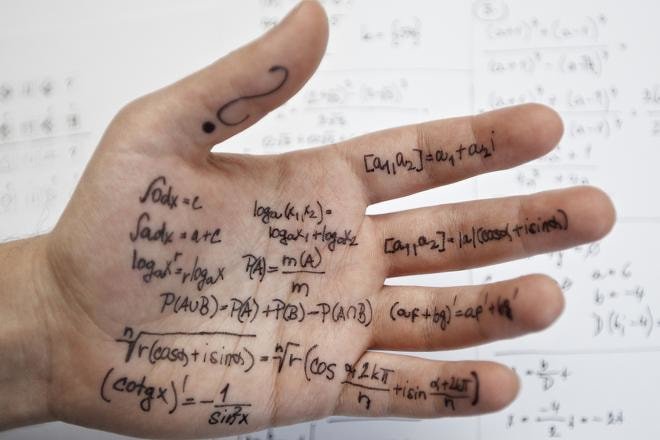|
However, few studies have looked into the psychological factors that determine whether students engage in cheating or not.
In a recent study, Kam, Hue and Cheung (2018) used the Theory of Planned Behavior to investigate this important issue: why do some students cheat? And what prevents others from cheating? According to the Theory of Planned Behavior, several factors contribute to the intention and decision to carry out an action, including:
The authors surveyed 386 Hong Kong students (Grades 7-9) and assessed all four factors, as well as the participants’ self-reported cheating behavior. Interestingly, the first finding was that attitude, subjective norm, degree of control, and cheating behavior all deteriorated with higher grade levels. Secondly, although attitude toward cheating, moral norm, and perceived behavioral control predicted the students’ intention to cheat, subjective norms related to cheating was the only factor directly associated with actual (or at least, self-reported) cheating behavior. In the words of the authors : “When the subjective norm against cheating was perceived to be strong, the intention to cheat failed to predict the incidence of self-reported cheating. In contrast, when the subjective norm against cheating was perceived to be weak, then the intention to cheat positively predicted the level of self-reported cheating. Therefore, the subjective norm variable moderated the relationship between intention to cheat and self-reported cheating. None of the other antecedents interacted with intention to cheat to predict behavioral self-reporting.” Concretely, this finding seems to indicate that, although other psychological variables (attitude, moral norm, perceived behavioral control) are distal factors of the intention to cheat, subjective norms are the only proximal cause of cheating behavior. “In practice”, the researchers conclude, “when the norm in the school environment is opposed to cheating, high levels of intention do not translate into cheating behaviour.” Reference: Kam, Hue, Cheung (2018), “Academic dishonesty among Hong Kong secondary school students: application of theory of planned behaviour”, Educational Psychology, 38:7, pp. 945-963.
0 Comments
Your comment will be posted after it is approved.
Leave a Reply. |
|
Proudly powered by Weebly

